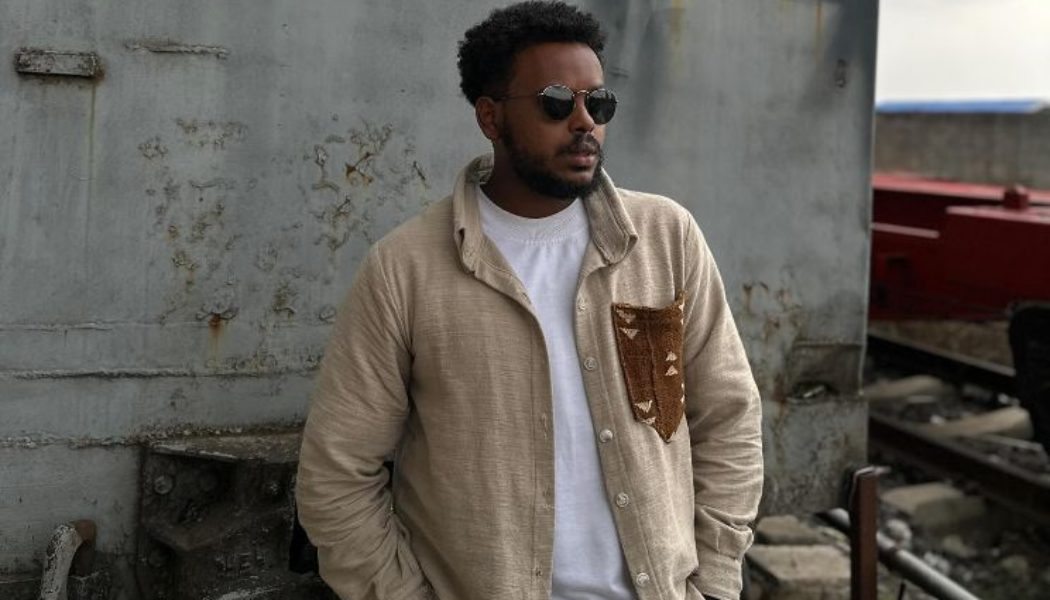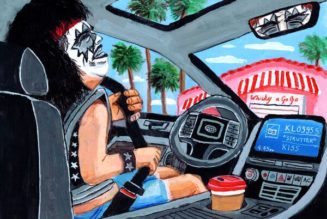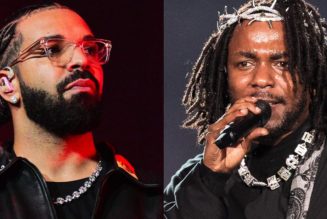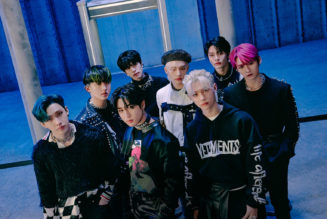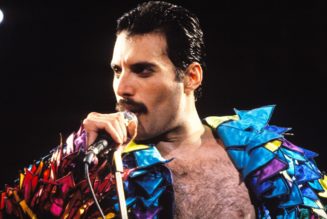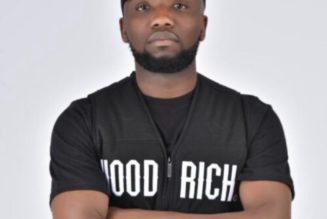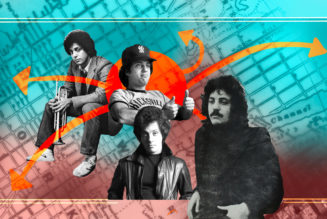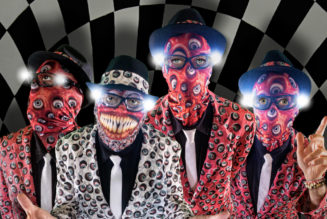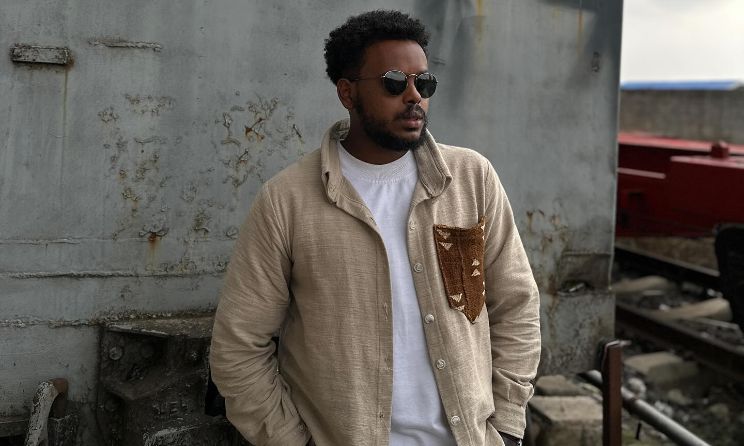
Bursting with artistry shaped in the bustling streets of Addis Ababa, the recent Sony Music Entertainment Africa signing has crafted a visionary soundscape: by blending traditional and contemporary Ethiopian music with modern, global variants, spanning alt-R&B, pop, funk and electro, Ebne Hakim is able to bring Ethio-fusion to life.
A believer in the power of music as a universal language, Ebne Hakim uses his personal experiences to explore the intricacies of human emotions and the dualities of life such as love and heartbreak, as well as paths to self-discovery. His music, delivered in his native Amharic, incorporates vivid storytelling and poetic lyricism, powered by hypnotic vocals and melodies that speak to the mind and soul.
“Ebne Hakim is truly a one-of-a-kind artist,” Blen Mekonnen, who is Ebne Hakim’s manager at the Sony Music-affiliated Bana Records, says. “He has this unique way of looking at things and life, which you can really feel in his lyrics and melodies. His music strikes the perfect balance between Ethiopian and Western sounds, making it relatable to audiences from various backgrounds. We at Bana truly believe in Ebne Hakim’s sound. We think it’s going to revolutionise Ethiopian music and take it to the global stage, which is exactly what our company’s mission is all about.”
Sony Music Entertainment East Africa boss Christine ‘Seven’ Mosha adds: “His emergence signifies a fresh perspective and an exciting contribution to the vibrant Ethiopian and East African music scene. He is the reason we’re really focusing on collaborating with local Ethiopian artists to help take Ethiopian music to the global stage.”
Nearly two months after joining Sony Music, we got a chance to speak with Ebne Hakim about his music, influences and aspirations.
MUSIC IN AFRICA: Tell us about yourself
EBNE HAKIM: My real name is Mikiyas Mengistu. I was born and raised in Addis Ababa. I grew up in my grandparents’ house, which gave me the opportunity to be exposed to a variety of music. This experience helped me connect deeply with Ethiopian culture. Being around my grandparents also came with many other benefits that have greatly influenced who I am today. Living in the capital has a unique vibe. It allowed me to connect with people from diverse backgrounds, and it’s safe to say that these experiences have shaped me into the person you are speaking to right now.
How did you become interested in music?
I’ve always been inspired by both local and global artists. I like to think that’s why my music sounds so different. It’s a mix of both worlds. Blending the rich musical culture I grew up with and the modern sounds I love really makes me feel sonically at home. It helps me discover new directions while staying true to the roots that shaped me.
How would you describe your sound and what was your breakthrough moment?
I call it ‘Ethio-fusion’ or ‘Ethio-pop’. To put it simply, it adapts the global sound and blends it with our local culture, which is rich in character, identity and origin. It’s got a story of its own. As for my breakthrough moment, I’d say it’s the moment I finished my first EP Brana, which came out recently. It’s really opened a new chapter in my life and hopefully it’ll shake things up in the Ethiopian music scene as well.
How do you feel about signing with Sony Music East Africa?
It was totally unexpected, coming from where I did. I think I’m the first Ethiopian to be signed with Sony, and that’s just crazy for me and my team at Bana Records. This project being my first ever just blows my mind. It really makes me feel like music transcends boundaries, reaching places where language can’t. And I believe Sony has everything it takes to help my music reach a global audience.
What do you expect from the partnership?
This partnership is definitely going to help push my music and hopefully that of other Ethiopian artists, and Africans in general, out to the world. It’s a great chance to showcase the rich variety of music we have to offer from Africa.
What can we expect from you next?
Of course, more shows and more music dropping. We’re also looking at working on features with my fellow African artists. Those are the plans right now. But there’s more to share in the coming days.
